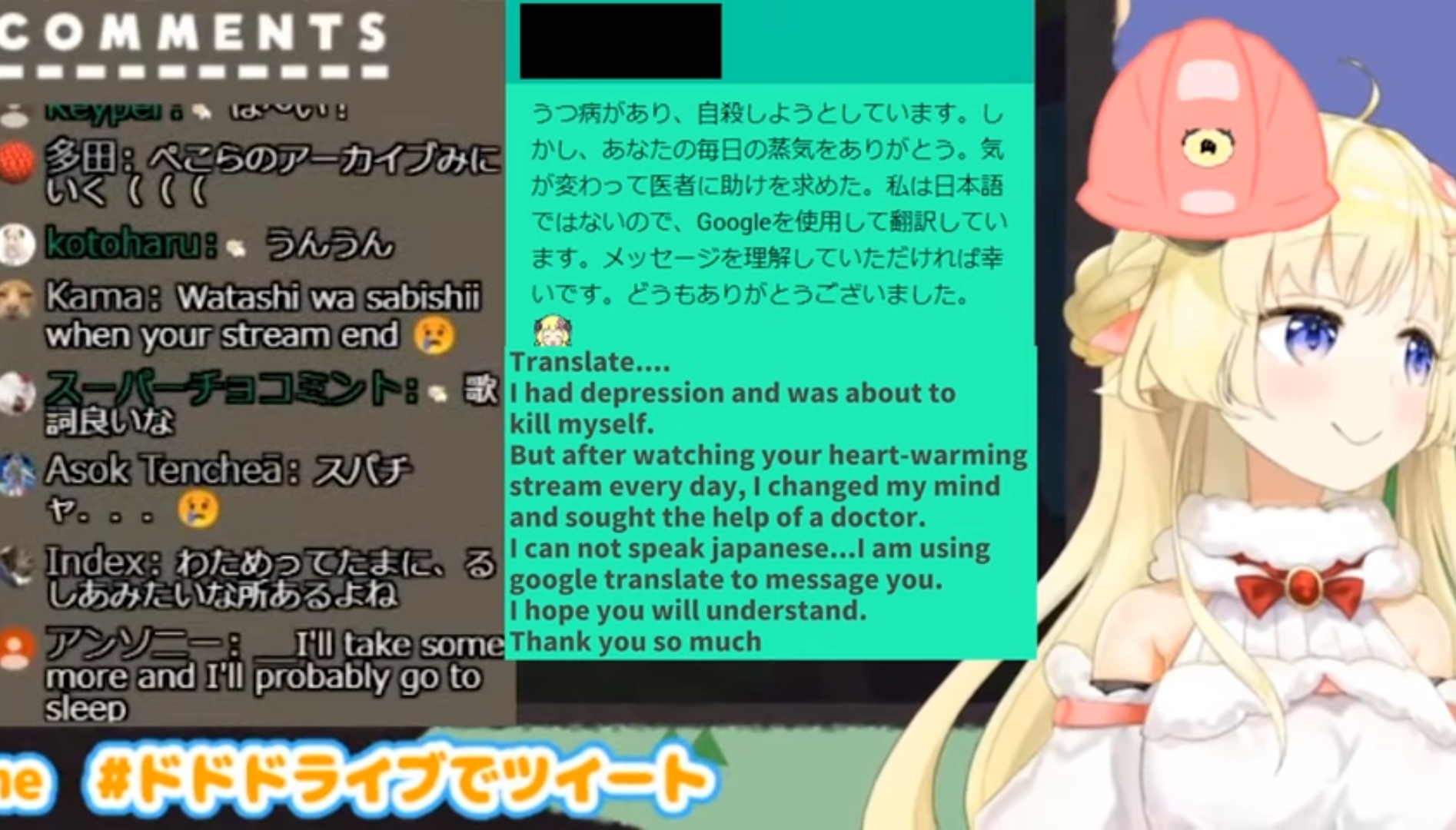If you have not been involved in internet culture for the past few years, the notion of giving money to a person streaming behind a computer just to get their attention would be utterly foreign to you. Who would pay for such a thing? Yet this phenomenon has become a large part of the internet for awhile now. While we live in a world that is becoming increasingly irreligious, it is not as if anyone has progressed beyond their natural tendency to worship things. They simply take on a different form instead of your conventional gods.
The rise of simps as pop culture

For the past few years, female streamers have been rising in popularity largely due to the type of people they attract: simps. A simple definition of the term would be people who idolize and obsess over a woman. They would give these female streamers copious amounts of cash to either get their attention or to get them to do something (which has spawned a new genre of degenerate content creation which we will not be talking about on this blog).
Virtual Youtubers
The thing about these female streamers is that no matter how attractive they may be, they are still human and full of physical imperfections if you look hard enough. On the other hand, fictional characters can go beyond the imperfections of the real thing, fulfilling the fantasy of the fans.

It is therefore no surprise that Virtual Youtubers, or Vtubers, would dominate Youtube’s Superchat earnings, with Vtuber Kiryu Coco having made more than 900 million USD with them alone as of September 2020. Originating from Japan, the Vtuber industry has had exponential growth over the past few months, and has successfully made its way into the English-speaking market under the banner of the Vtuber idol agency Hololive. As the anime commentator Gigguk remarked in a video, Virtual Youtubers, or Vtubers, have the appeal of being fictional characters while retaining the authenticity of the traditional streamer because of the real people behind these characters.
Parallels to religion
The fan culture behind Vtubers that has developed is akin to a religion. In the past, people would sacrifice things to get a pagan god to take notice of them. Today, simps throw money into the chat just to have a cute anime girl read their name. As soon as a coin in the coffer rings, the acknowledgement from a Vtuber springs.
As with the many things vying for our attention today, Vtubers have become gods. Anything you fear, love and put your trust in can become one after all. As Dr. Martin Luther puts it:
A god means that from which we are to expect all good and to which we are to take refuge in all distress, so that to have a God is nothing else than to trust and believe Him from the whole heart; as I have often said that the confidence and faith of the heart alone make both God and an idol.
Martin Luther, LC I
In a world saturated with pleasure and vice, there are many who crave meaning to their lives. Depression is on the rise, and jokes about suicide are rampant. Who will deliver the weeaboo simp from the hopelessness of this life? Thanks be to Yagoo, through the Vtubers of Hololive.

One would commonly find lighthearted comments on Vtuber channels like “This video cured my depression”. Some might be joking, but there are definitely people who are sincere. I would occassionally find Superchats on a stream detailing how the Vtuber had brought the person out of a low point in life.

To some of these people, the Vtuber idols have quite literally become their salvation.
Final Thoughts
Compared to fanbases of traditional female streamers, I would say that the weeb simps are less toxic. Yet they tend to be more fanatical about their oshi (idol they support). Simping is the religion of consumers where corporations are their gods, and the pantheon of content creators are the saints.
Disclaimer: I am not saying watching Vtubers itself is idolatry, I think that the Christian can enjoy Vtubers as long as they do not go to the excesses as the simp.

